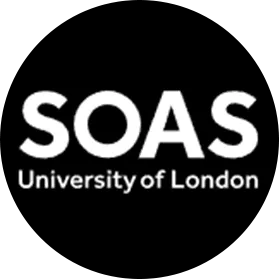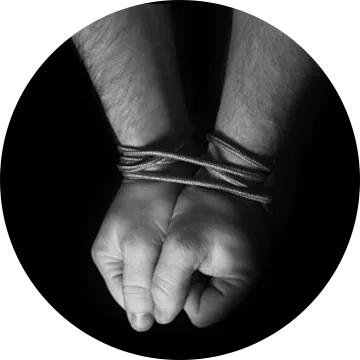Muhammad Ali
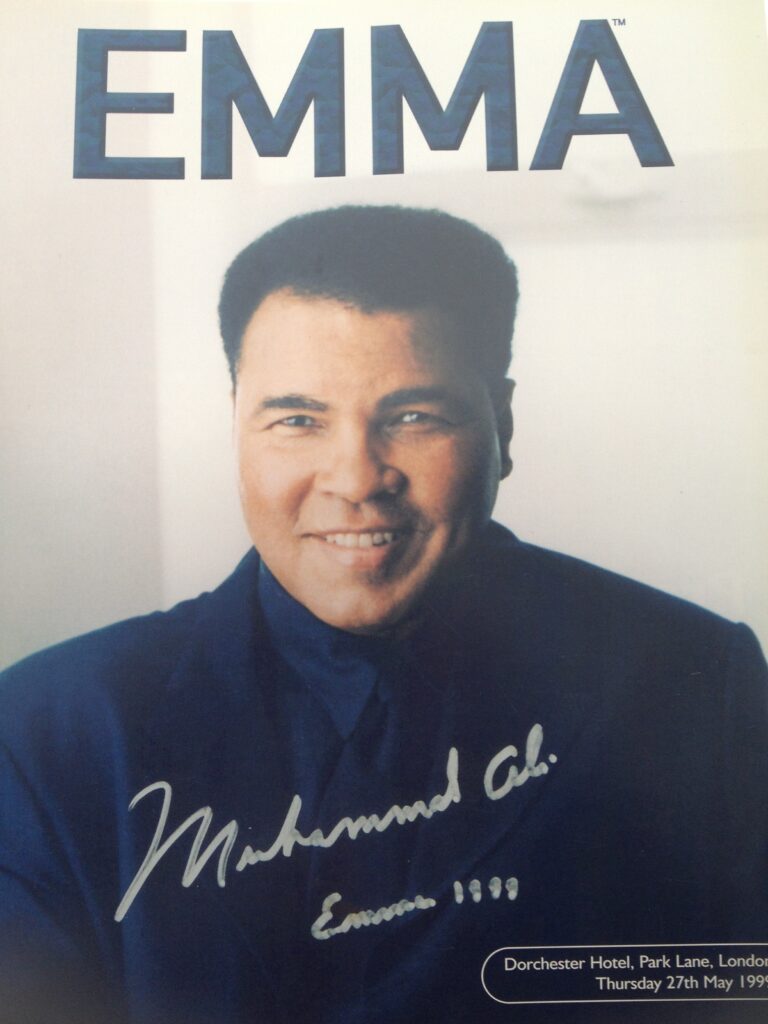
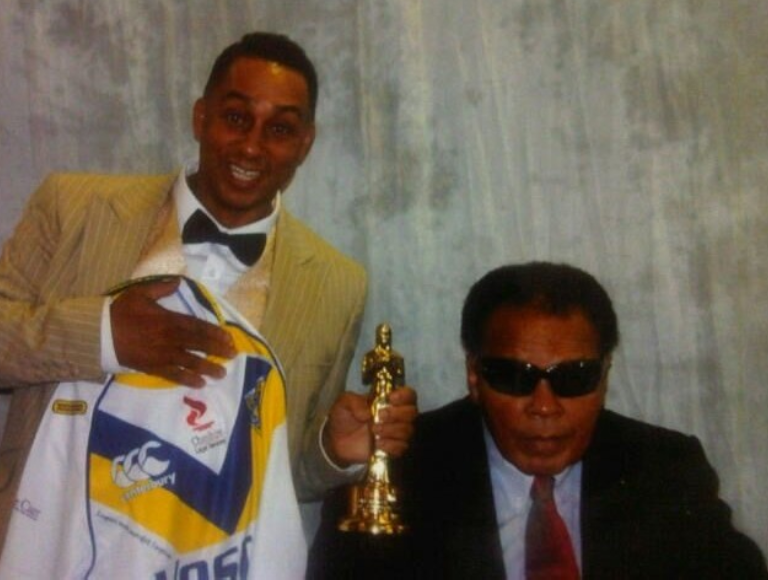
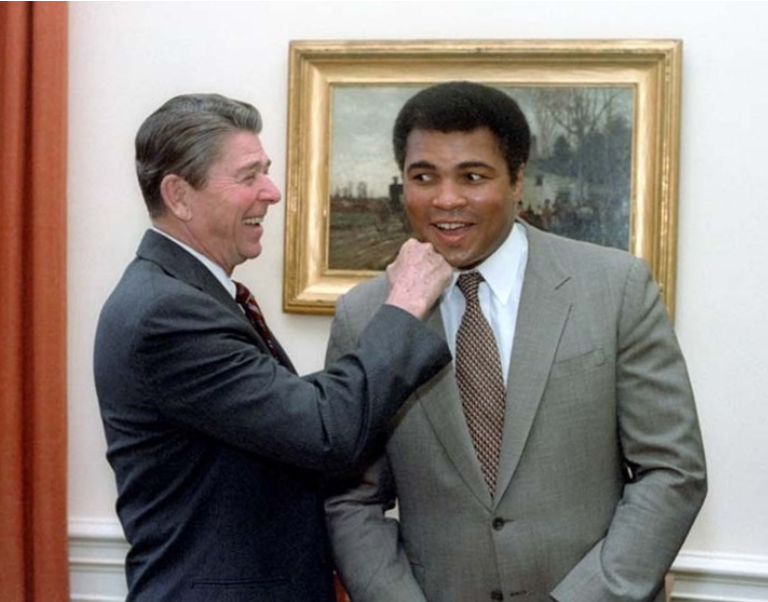
Since winning the EMMA Award (Lifetime Achievement)
Muhammad Ali is an Afro-American Professional Boxer and Social Activist who is regarded as one of the most outstanding Muslim role models of the 20th Century.
Muhammad earned the Presidential Medal of Freedom in 2005. In his hometown of Louisville, he opened the Muhammad Ali Center, a Multicultural Centre with a museum dedicated to his life and legacy.
Muhammad also received the President’s Award from the NAACP in 2009 for his public service efforts.
In 2012, he was a bearer of the Olympic flag during the London 2012 Summer Olympics opening ceremonies. His wife Lonnie helped him stand before the flag, as his Parkinson’s syndrome prevented him from carrying it into the Olympic Stadium.
In the same year, he was awarded the Philadelphia Liberty Medal in recognition of his lifelong efforts in activism, philanthropy, and humanitarianism.
Muhammad Ali died on June 3, 2016, at 74 years old, in Scottsdale, Arizona, after being hospitalised for what was reportedly a respiratory issue. He continues to be celebrated for his remarkable athletic skills, openness, charity and courage to challenge any inequality.
Background (Before 1999)
Muhammad Ali was born and raised in Louisville, Kentucky as Cassius Marcellus Clay Jr., who converted to Islam hence being named Muhammad Ali going on to become a boxing world champion, philanthropist, and social activist who is universally regarded as one of the greatest athletes of the 20th century.
At the age of 12, he discovered his talent for boxing through an odd twist of fate. After his bike was stolen, Muhammad told a police officer, Joe Martin, that he wanted to beat up the thief, and Martin reportedly told him at the time “Well, you better learn how to fight before you start challenging people.”
Muhammad was an Olympic gold medalist 1960 and the world heavyweight boxing champion in 1964. His actions as a conscientious objector to the Vietnam War made him an icon for the larger counterculture of the 1960s generation, and he was a very high-profile figure of racial pride for African Americans during the civil rights movement.
Following suspension for refusing military service in the Vietnam War, he reclaimed the heavyweight twice during the 1970s, winning famed bouts against Joe Frazier and George Foreman (Rumble in the Jungle).
Muhammad retired from boxing in 1981 and was diagnosed with Parkinson’s syndrome in 1984. After his retirement, he devoted much of his time to help those in need within numerous countries, such as Mexico and Morocco.
Muhammad also dedicated his time to supporting the Special Olympics and the Make-A-Wish Foundation, amongst other organisations.
In 1996, he lit the Olympic cauldron at the Summer Olympic Games in Atlanta.
In 1998, he was chosen as a United Nations Messenger of Peace because of his work in developing countries.















